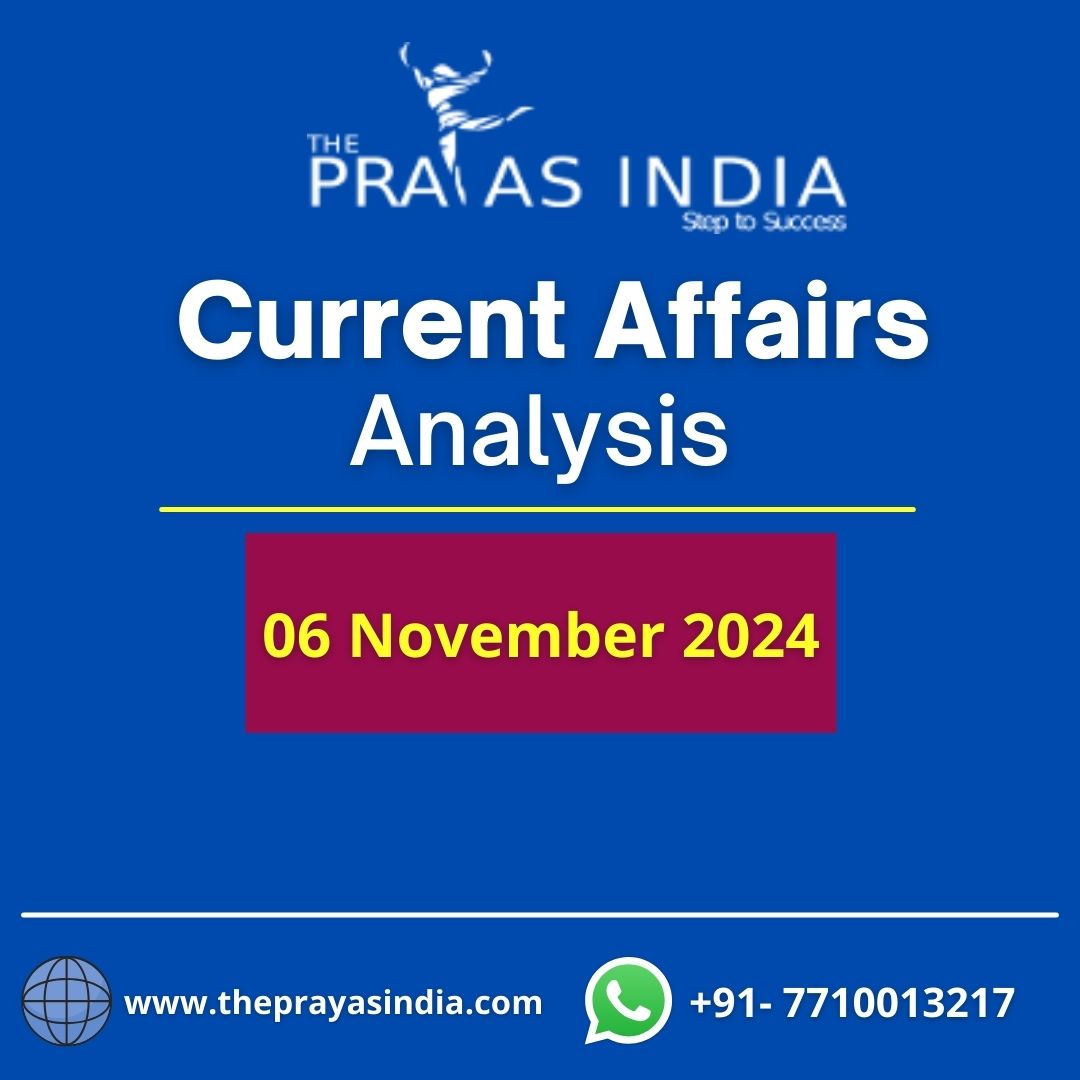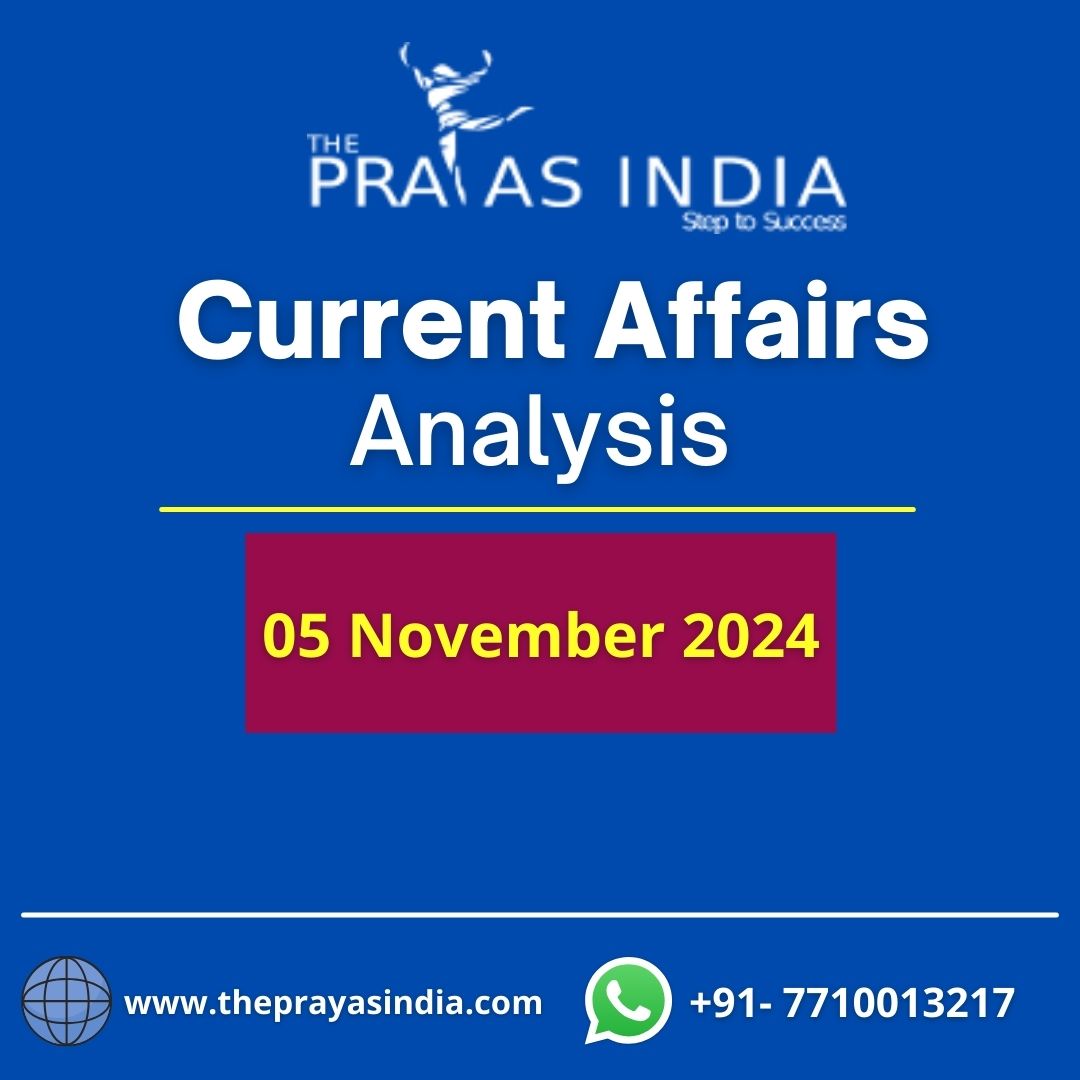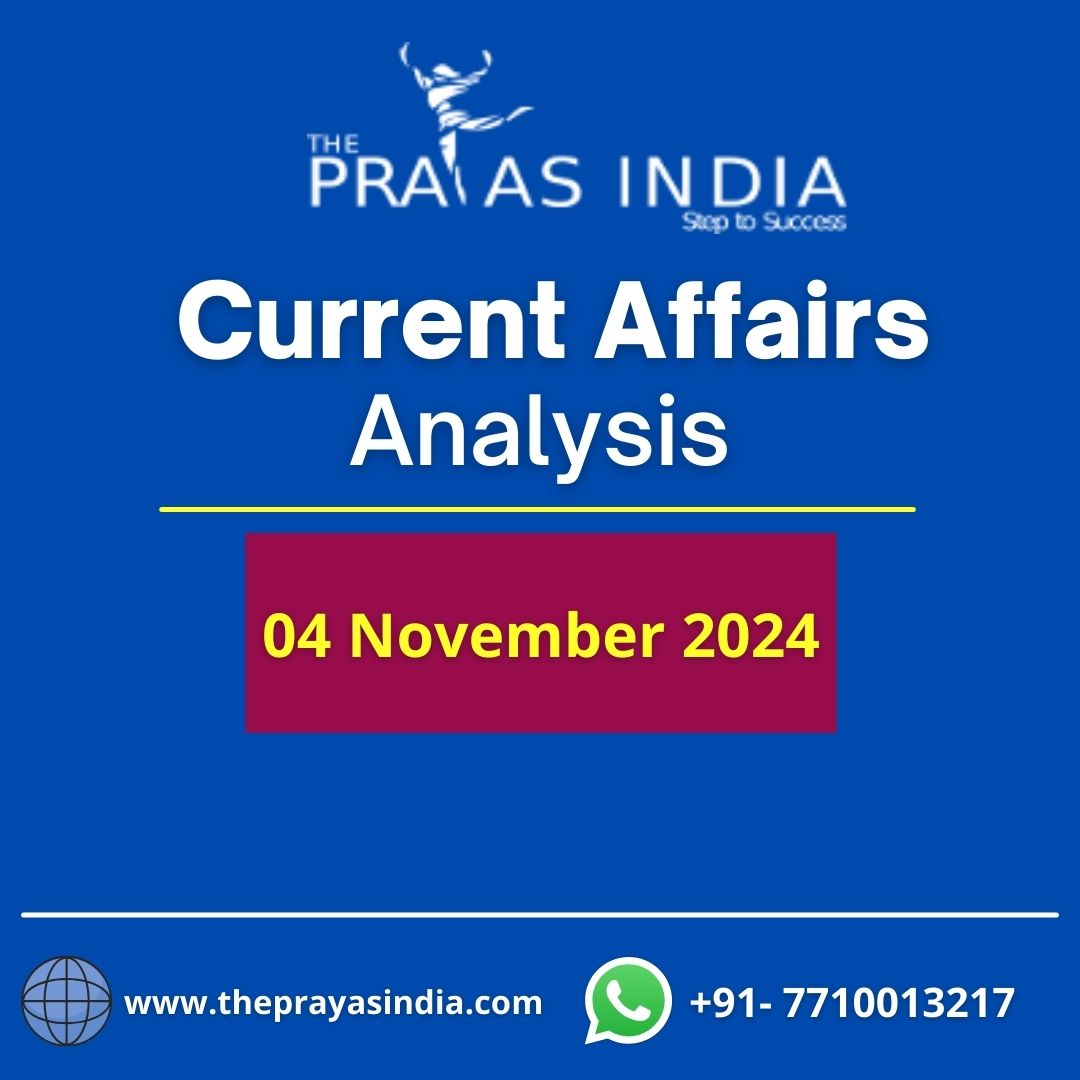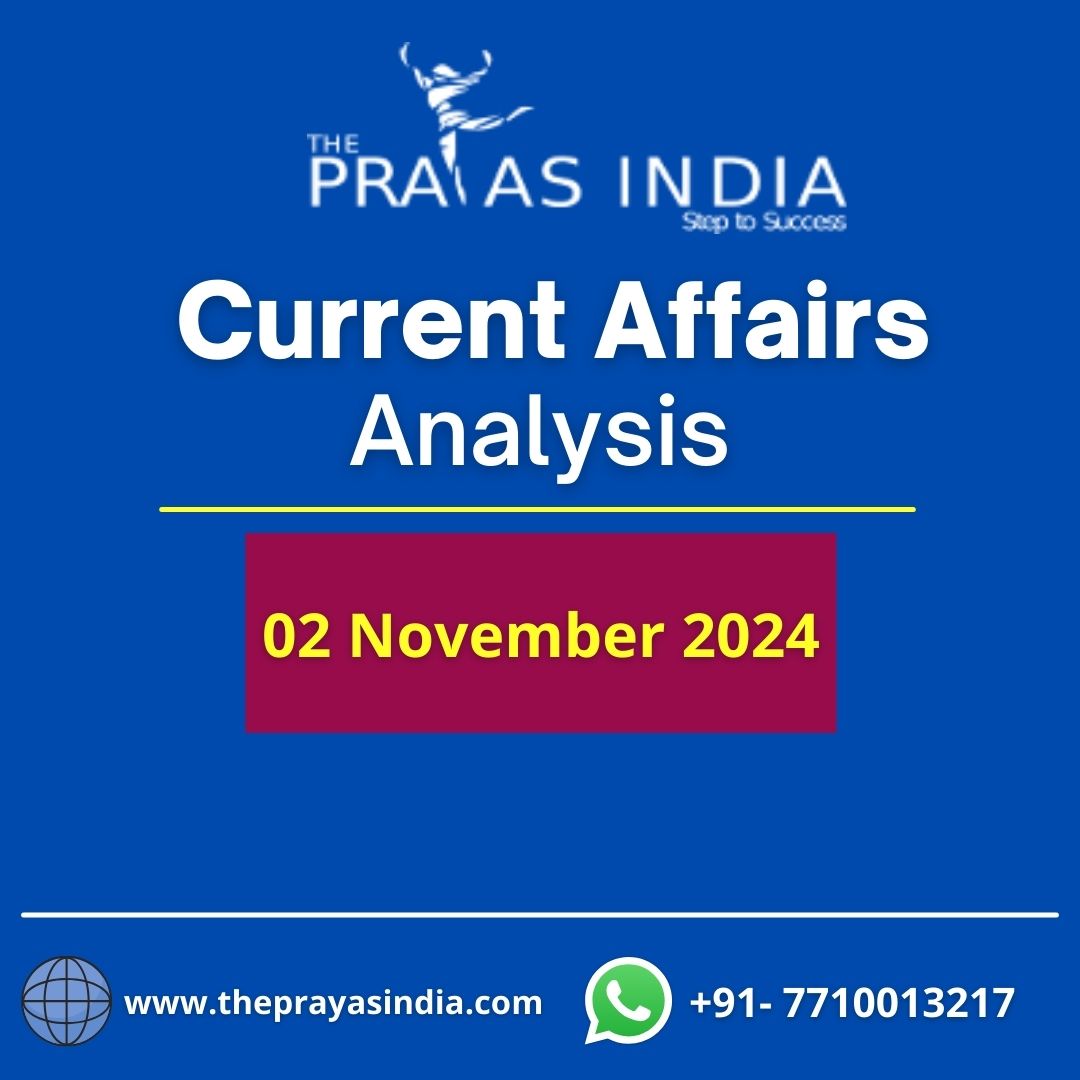DAILY CURRENT AFFAIRS ANALYSIS
| No. | Topic Name | Prelims/Mains |
| 1. | Omicron Variant | Prelims & Mains |
| 2. | DGTR | Prelims & Mains |
| 3. | Maritime Anti Piracy Bill | Prelims & Mains |
| 4. | Age of Consent | Prelims & Mains |
1 – Omicron Variant: GS II – Topic Health-related issues
Context:
- The latest rise in instances in China is thought to be due to the COVID-19 BF.7 mutation, which was initially discovered in India back in July.
- In the months that followed, the Omicron subvariant was found in the genomes of four individuals in Gujarat and Odisha; however, there was no correlation between this with the severity or contagiousness of the disease in those two States.
About:
- Less efficient Covid-19 variations The Covid-19 variations Alpha, Beta, and Gamma are combined with the widely widespread Delta in the category of variations regarded to be the most distressing.
- There are many mutations in this type. Some of these raise important concerns because they might allow the new variation to get around the protection provided by a prior disease or a vaccine.
- There are no exact estimates for how much more contagious the Omicron variety is than prior viral strains.
- Omicron has also been found in people from Malawi, Botswana, Belgium, and Hong Kong in Israel in addition to South Africa.
Nomenclature:
- In order to avoid stigmatising the nations that discovered the variants first, the WHO chose to name the variants based on Greek letter names.
- Instead of Nu or Xi, the two letters that come between Mu and Omicron, WHO chose the name Omicron. This is due to the surname Xi’s popularity in China, which shouldn’t be offensive to any ethnic, national, regional, or social group.
- The term “Nu” might have been mistaken for “New.”
Source Economic Times
2 – DGTR: GS II – Topic Statutory and Non-Statutory Bodies
Context:
- The Directorate General of Trade Remedies states that imports of viscose staple fibre may be subject to anti-dumping duties.
About:
- The DGTR is the principal national organisation in charge of governing all trade corrective actions, such as anti-dumping, countervailing tariffs, and safeguard measures.
- The responsibilities of the Directorate General of Anti-dumping and Allied Duties (DGAD), Directorate General of Safeguards (DGS), and Safeguards will be combined into a single national organisation (QR).
- Additionally, it will assist in protecting our local exporters and industry from the growth in trade remedy inquiries from other countries.
- It will operate as a multi-service organisation and rely on the knowledge of numerous officials from several ministries in the areas of law, international trade, customs, taxation, and finance.
- The establishment of DGTR will enable the government to save 49 positions by consolidating DGAD and DGS.
- As a result, it will be congruent with the “Minimum Government Maximum Governance” approach of the government.
Functions:
- Procedures for CVD, safety, and anti-dumping are covered.
- assisting Indian exporters and local businesses with trade defence while managing the increasing number of trade remedy investigations brought by other nations against them, and giving the country’s indigenous industries a level playing field to shield them from the negative effects of unfair trade practises. The Trade Remedial processes of the World Trade Organization (WTO) framework are applied here.
- utilising the Customs Tariff Act and Rules, in addition to other relevant laws and international treaties.
- All of them must be said promptly and clearly.
Source Economic Times
3 – Maritime Anti-Piracy Bill: GS II – Topic Government Policies and Interventions
Context:
- The Maritime Anti-Piracy Bill was approved by the Rajya Sabha on Wednesday, two days after the Lok Sabha.
- According to External Affairs Minister S. Jaishankar, the law will adhere to the standards laid down in the UNCLOS, which India has accepted, for cooperation and the eradication of piracy on the high seas.
The Anti-Maritime Piracy Bill: What Is It?
- Indian law does not currently address high seas piracy.
- After the Anti-Maritime Piracy Bill is enacted, the 1995-approved UN Convention on the Law of the Sea (UNCLOS) would be incorporated into Indian law.
- By passing this Act, Indian law enforcement will be able to combat piracy on the high seas.
- How did maritime piracy traditionally get addressed?
- Prior to this, certain courts’ admiralty jurisdiction and the provisions of the Indian Penal Code, 1860 (IPCprovisions) for armed robbery were used to convict pirates.
- The 12-nautical-mile restriction on India’s territorial seas serves as the nation’s territorial limit.
- Due to the IPC’s lack of authority against foreigners who commit piracy outside of Indian territorial waters, the accused have been found not guilty.
What is covered under the Anti-Maritime Piracy Bill.
- The Anti-Maritime Piracy Bill defines piracy as an act of violence or detention committed on the high seas against the people or property aboard another vessel or aircraft by the crew or passengers of a private vessel or private aircraft.
- The Exclusive Economic Zone, or sea beyond 200 nautical miles from the Indian coastline, will be covered by the Bill (EEZ).
- Unknown is whether it will apply in the EEZ, which stretches between 12 and 200 nautical miles from the Indian coast.
- the physical division of various maritime zones
What sanctions are imposed for violations of the Bill?
- If the act of piracy itself resulted in the death of another person or attempted to do so, the criminal will either get a life sentence in prison or the death penalty.
- Piracy-related participation or assistance is punishable by up to 14 years in jail and a fine.
- However, because taking part in an act of piracy involves complicity as well, it is unclear how the overlap of the 14-year sentence and life term will be decided.
- The Indian Supreme Court has argued for the use of the death sentence under “rarest of rare” circumstances, hence they have reservations about the Bill’s inclusion of the death penalty.
- The death penalty is an infringement of Articles 14 and 21 of the Indian Constitution, according to the Supreme Court of India.
The UN Convention on the Law of the Sea is what exactly?
- Oceans and resource use are governed under the 1982 UN Convention on the Law of the Sea (UNCLOS).
- All areas of ocean space are governed by the UNCLOS, including delineation, environmental management, oceanographic research, economic and commercial activity, technology transfer, and the resolution of ocean-related disputes.
- Member States are permitted to take a pirate ship, aircraft, or vessel that has been captured by pirates, imprison the suspects, and seize the property on board in order to deal with incidents of piracy on the high seas.
- The abduction must, however, either be carried out by warships or military aircraft, or it must be obvious that the victims are government workers.
- Penalties and disposition of seized property are decided by the judiciaries of the States that carry out the seizure and arrests.
Why is it necessary to have anti-piracy laws?
- The Gulf of Aden, which divides Somalia and Yemen and joins the Red Sea to the Mediterranean Sea via the Suez Canal, has a reputation for being one of the deadliest marine areas because of piracy episodes.
- For nations in Asia, Europe, and Africa’s eastern coast, this is also one of the most significant trade routes.
- Piratery has been seen to be migrating east and south, bringing it closer to India’s west coast. This is due to the fact that the Gulf of Aden is home to more ships.
- Additionally, it has been challenging to successfully prosecute pirates who have previously been apprehended by the Indian Navy or Coast Guard due to the absence of specialised domestic anti-piracy legislation.
Source Economic Times
4 – Age of Consent: GS II – Topic Government Policies and Interventions
Context:
- Despite requests from the judiciary, the government does not currently have a plan to decrease the current age of consent under the 2012 Protection of Children from Sexual Offenses Act from 18 to 16 years old.
POCSO Act:
- It was intended to safeguard children’s welfare and safety from offences involving sexual assault, sexual harassment, and pornography.
- Individuals under the age of 18 are not allowed to give their consent for sexual activity, regardless of the specifics of the sexual encounter, the other person, or other factors.
- Those under the age of eighteen are referred to as “children.”
Issues:
- Criminal judicial system: Several young couples in healthy, non-exploitative relationships ended up in the system after being accused of a crime.
- Boys and young men are accused of committing sexual offences without conducting adequate investigations.
- When girls refuse to go back to their parents or when their parents won’t accept them, they are institutionalised in children’s homes. In these circumstances, they are viewed like victims.
Associated Court Cases:
- In Vijaylakshmi v. State Rep (2021), the Madras High Court ruled that the POCSO Act’s intended goal did not include criminalising a teenage boy in order to punish him for having a connection with a young girl.
Why Reforms Are Necessary:
- The high conviction rate demonstrates that the law is out of touch with the interpersonal dynamics that drive interactions between adolescents.
- Consensual sexual behaviours with older teenagers shouldn’t be explicitly criminalised because they violate their rights to liberty, privacy, autonomy growth, and dignity.
- courts’ costs: Additionally, because these lawsuits place a significant strain on our courts, the administration of justice is compromised.
- They divert attention away from looking into and punishing true cases of child sexual abuse and exploitation.
Conclusion:
- The age of consent needs to be altered in order to protect older minors who behave in factually consensual and non-exploitative ways from being criminalised.
Source Economic Times




